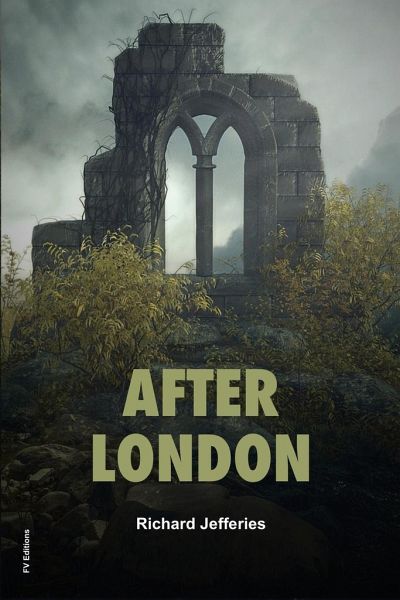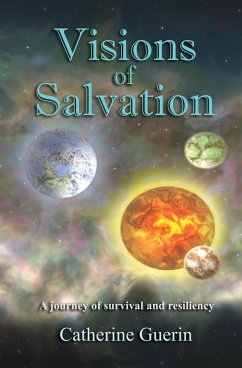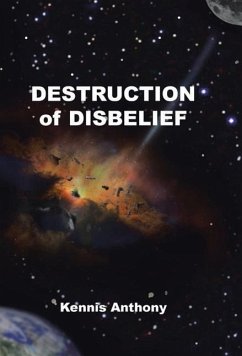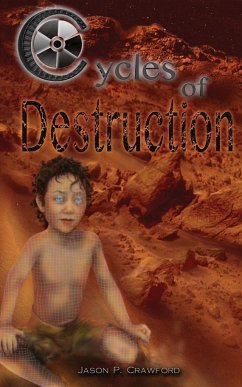
After London
or Wild England (Easy to Read Layout)
Versandkostenfrei!
Versandfertig in 1-2 Wochen
18,99 €
inkl. MwSt.

PAYBACK Punkte
9 °P sammeln!
"The old men say their fathers told them that soon after the fields were left to themselves a change began to be visible." After an apocalyptic event has decimated London, Richard Jeffries tells how England returns to a state of nature and surviving people live in a society pretty much the same as the Middle ages. Written in 1885, this novel is one of the most important early examples of "post-apocalyptic fiction". This premium edition comes with a beautiful Easy-to-Read layout which makes reading comfortable.












